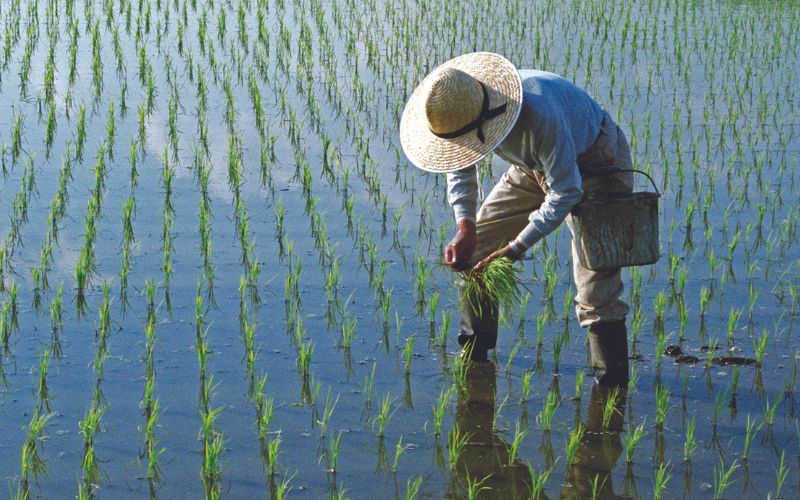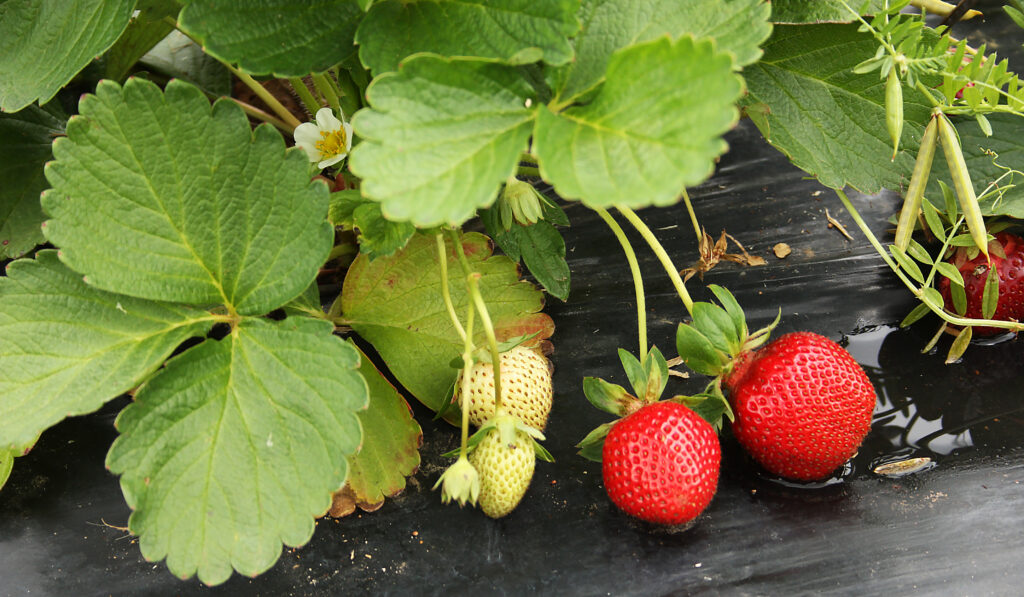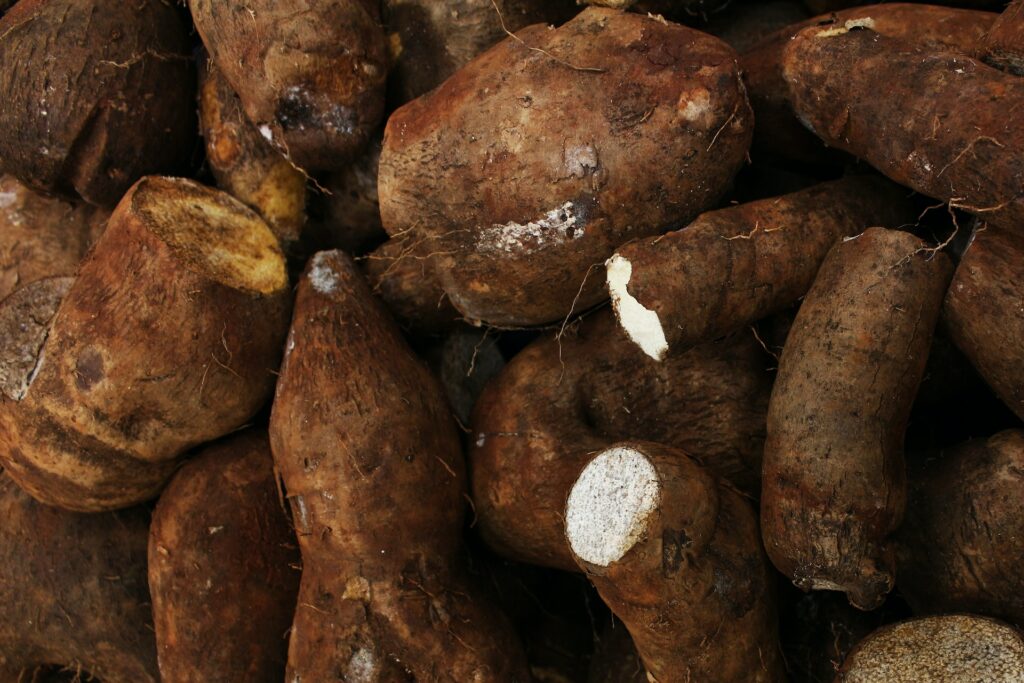Celebrating success: Zambian smallholders combat cassava brown streak disease
Cassava is a critical crop to Zambia’s economy and food security. According to a 2019 paper, cassava (Manihot esculenta) is one of the most important root staple crops in Zambia. An estimated 30% of Zambians – over four million people – consume cassava as part of their daily diet. Indeed, this crop is so important…
Common papaya disorders: A comprehensive guide
Papaya, also commonly known as the papaw or pawpaw, is a large tropical fruit-producing plant originating from Central America. Market demand for tropical fruits has steadily grown, and consequently, the papaya has become an important agricultural export in many countries around the world. As of 2020, India was the largest producer of papaya, followed by…
Watch out for these five cabbage pests
Cabbage is a globally important vegetable crop. It serves as a valuable source of nutrition and income for local communities. With a wide range of varieties around the world – from Savoy to Bok Choy – it is an important component of many cuisines. Smallholder farmers often cultivate cabbage as a cash crop. Like many…
Mealy Plum Aphid: An Overview
The mealy plum aphid, or reed aphid, is a sap-sucking plant pest that is commercially important for fruit tree farmers. It is present across the globe and can cause significant damage in large numbers. Introduction Aphids are small, soft-bodied, sap-sucking bugs in the family Aphididae which cause extensive damage to plants when in large numbers.…
Update: New Pest & Disease Records (08 December 2023)
We’ve selected a few of the latest new geographic, host and species records for plant pests and diseases from CAB Abstracts. Records this month include the first report of leaf spot on soybean caused by Epicoccum sorghinum in Heilongjiang Province, China and information about three new alien spider mites from south-eastern France.
Recommendations made for plant clinic progress in Afghanistan
Plant clinics are an important way that we support farmers in Afghanistan. The programme helps smallholders and kitchen gardeners alike. It aims to give them the knowledge they need to protect their crops from pests and diseases. And by doing this, it helps to safeguard their crop yields and livelihoods.
Five yield-threatening pests and diseases of rice
Pests and diseases of rice are a significant constraint in rice production, accounting for up to 30% of yield losses. Rice is cultivated in over 100 countries and is a staple food source for over half the world’s population. Therefore, the sustainable management of rice pests and diseases is essential if we are to feed…
Update: New Pest & Disease Records (06 November 2023)
We’ve selected a few of the latest new geographic, host and species records for plant pests and diseases from CAB Abstracts. Records this month include the first report of Dolichothrips indicus in Colombia and the first report of a species of Neopestalotiopsis on strawberry in Canada.
Pests and diseases: cocoyam production in Ghana
Cocoyam species are a staple crop in Ghana that hold significant importance for food security, particularly in times of famine and natural disasters. Despite being known for their hardy nature, cocoyams are vulnerable to a range of pests and diseases which can threaten their production. Cocoyam production also faces additional challenges which affect crop yields…










